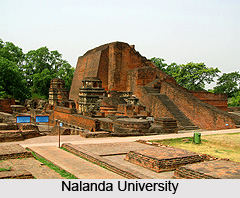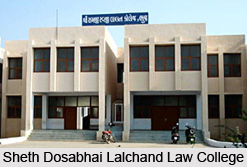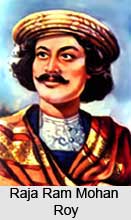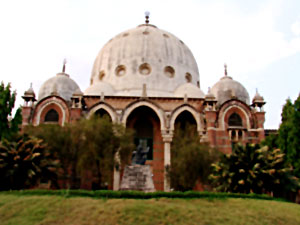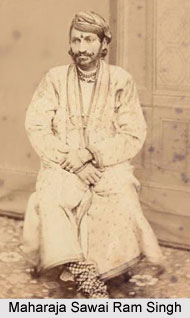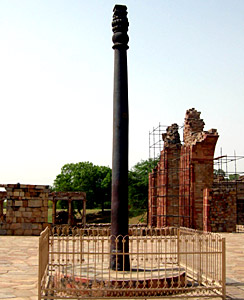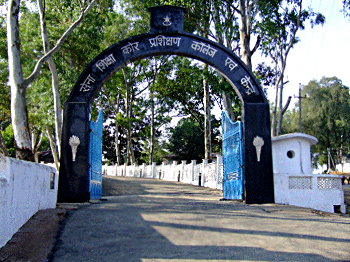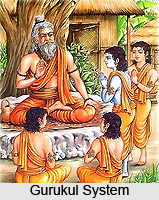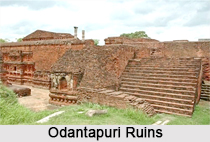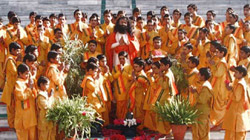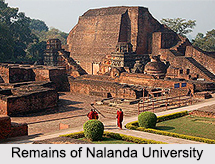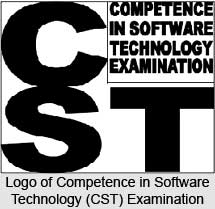 Competence in Software Technology (CST) examination is a nation-wide test conducted for testing the conceptual, practical and knowledge skills of the candidates. This competitive technology test is organized by C-DAC that was formerly known as National Centre for Software Technology (NCST). C-DAC is the scientific society under the Department of Information Technology, Ministry of Communications and Information Technology, Government of India. The different centres of C-DAC are Mumbai, Noida, Kolkata, Delhi, Bengaluru, Hyderabad, Chennai, Mohali and Thiruvananthapuram. It has its headquarters in Pune. The Mumbai centre functions as the excellence point in software technology and associated computer science sectors. It offers high quality technical consultancy services and continuing educational programmes. This examination was first held in the year 1994. Competence in Software Technology (CST) examination is conducted annually once in a year. This examination is organized in three levels and these are Level E, Level D and Level G.
Competence in Software Technology (CST) examination is a nation-wide test conducted for testing the conceptual, practical and knowledge skills of the candidates. This competitive technology test is organized by C-DAC that was formerly known as National Centre for Software Technology (NCST). C-DAC is the scientific society under the Department of Information Technology, Ministry of Communications and Information Technology, Government of India. The different centres of C-DAC are Mumbai, Noida, Kolkata, Delhi, Bengaluru, Hyderabad, Chennai, Mohali and Thiruvananthapuram. It has its headquarters in Pune. The Mumbai centre functions as the excellence point in software technology and associated computer science sectors. It offers high quality technical consultancy services and continuing educational programmes. This examination was first held in the year 1994. Competence in Software Technology (CST) examination is conducted annually once in a year. This examination is organized in three levels and these are Level E, Level D and Level G.
Competence in Software Technology (CST) examination is conducted with the objective of providing standardized marks to the students that they can use while applying in the IT industry. This technology test also supports the IT industry for recruitment of the suitable candidates. It is also conducted for short listing the candidates for interviews and for service at C-DAC, Mumbai, Electronics City Bangalore and other major centres and also for providing uniform merits to the aspirants who are seeking admissions into the post-graduate courses of various educational institutions.
List of Competence in Software Technology (CST) examination participating institutes (that use the scores of this examination for admissions) are as follows -
• Alliance Business Academy, Bengaluru University
• Bharatiya Vidya Bhavan`s - BCIDS, Mumbai
• Goa University
• International School of Management Excellence, Navi Mumbai and Bengaluru
• MPSTME, NMIMS, Mumbai
• Smt. Parvatibai Chowgule College, Goa University
Application Forms for Competence in Software Technology (CST) examination
The aspiring candidates can obtain the application forms by sending a bank demand draft of the prescribed requisite fee from the office of Competence in Software Technology. Moreover, the candidates can also download the application form from the official website of Competence in Software Technology. In the application form, the candidates need to write the level of examination they are applying for.
Eligibility Criteria for Competence in Software Technology (CST) examination
The minimum eligibility requirement for appearing in Competence in Software Technology (CST) examination is a graduation degree certificate under any recognized university with a minimum of 50% of marks in aggregate. Computer science background will be given preference. Final year students can also apply for this test.
Courses Offered in Competence in Software Technology (CST) examination
• Master of Computer Application - MCA
•Principal of Project Management - PPM
• Post Graduate Programme in Management
• Master of Science - M. Sc (Information Technology)
Pattern of Competence in Software Technology (CST) examination
The test paper of this examination carries objective types of questions with multiple choices. Every correct answer will score 3 marks and every wrong answer will deduct 1 mark. 1 hour is the total duration.
Syllabus for Competence in Software Technology (CST) examination
E Level Syllabus
Computer Concepts, Computer basics, Data representation, Binary arithmetic, Foundations, Computer architecture, Computer languages, Operating System basics, Programming, relational and arithmetic operators, Computer Programming in C (CP)
D Level Syllabus
General Aptitude (GA), Computer Programming in C (CP), Computer Organization and Operating Systems (CO), Basic concepts in Computer organization, Computer structure, Memory organisation, CPU Performance Enhancement, Fundamentals of operating systems, Process and thread management, Concurrency control, Memory management ,File systems ,Distributed systems, Security, Unix Operating System, Data Structures and Algorithms (DS), Abstract data types, Graphs, Algorithms
G Level Syllabus
General Aptitude (GA),Computer Organization and Operating Systems (CO), Data Structures and Algorithms (DS), Web Technology, Client side technologies, Server side technologies, Computer Networks, Physical layer, Theoretical concepts in data communication , Data Link Layer, Medium Access Control Sub layer, Network layer, Transport layer, Common networking applications, Network Security, Database Management, Software Engineering, Configuration Management, Java Technologies,
Object-Oriented Programming and C++
Selection Process of Competence in Software Technology (CST) examination
The final selection of the candidates is made on the basis of the performance in the written test followed by personal interview.
Competence in Software Technology (CST) examination is the mode through which the knowledge, conceptual and aptitude skills of the candidates are measured.
